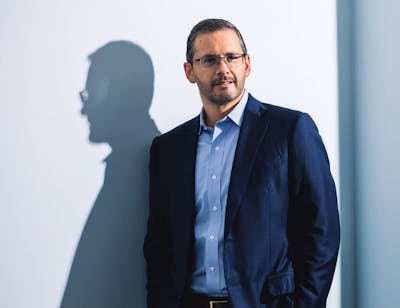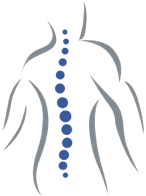If you are suffering from back or neck pain, it is crucial for you to receive a professional diagnosis as soon as possible. Dr. Rovner is one of the best spine surgeons in NJ who has the experience and expertise necessary to help patients actualize successful outcomes with orthopedic spine surgery.
What is Equinus?
Equinus is a condition that limits the ankle joint from bending upward. It can occur in one or both feet, but the limitation of motion is sometimes worse in one foot than the other.
People with Equinus compensate for their limited ankle motion in ways that can create other foot, leg, or back problems. Examples of methods of compensation include:
- Flattening the arch when walking
- Picking up the heel early when walking
- Placing increased pressure on the ball of the foot
- “Toe walking”
- Taking steps by bending abnormally at the hip or knee
Equinus Causes and Conditions
A limited range of ankle motion is often due to tightness in the Achilles tendon or calf muscles, which may be congenital or inherited. Some other causes of this tightness include:
- Being in a cast
- Being on crutches
- Frequently wearing high-heeled shoes
- Diabetes
- A fragment of bone blocking the ankle motion, such as after an ankle injury
- One leg is shorter than the other
- Spasms in the calf muscle may signal an underlying neurologic disorder
Depending on how you compensate for Equinus, the following conditions may develop over time:
- Plantar fasciitis (arch and heel pain)
- Calf cramping
- Tendonitis (inflammation in the Achilles tendon)
- Metatarsalgia (pain or callusing on the ball of the foot)
- Flatfoot
- Arthritis of the midfoot
- Pressure sores on the ball of the foot or the arch
- Bunions
- Hammertoes
- Ankle pain
- Shin splints
How is Equinus Treated?
Treatment for Equinus includes strategies for relieving associated symptoms and conditions, such as:
- The foot may be placed in a splint at night to keep it in a position that reduces the tightness of the calf muscle
- Placing heel lifts inside the shoes to take the stress off the Achilles tendon
- Arch supports or custom orthotic devices to keep weight distributed properly and control muscle and tendon imbalance
- Physical therapy, such as exercises that stretch the calf muscles
Surgery may be necessary if the cause of Equinus is related to a tight tendon or a bone blocking the ankle motion. Dr. Bernstein will evaluate your condition and determine which type of procedure best suits your needs.



Why choose Dr. Bernstein for Equinus treatment?
If you’re suffering from Equinus, we can relieve your pain for good. Dr. Steven Bernstein is board-certified by the American Board of Foot and Ankle Surgery and specializes in reconstructive foot and ankle surgeries. His background includes extensive training and experience in foot and ankle trauma and deformities, including reconstruction of the forefoot, rearfoot, and ankle deformities. His expertise and professional certifications make him the best choice for Equinus treatment.

